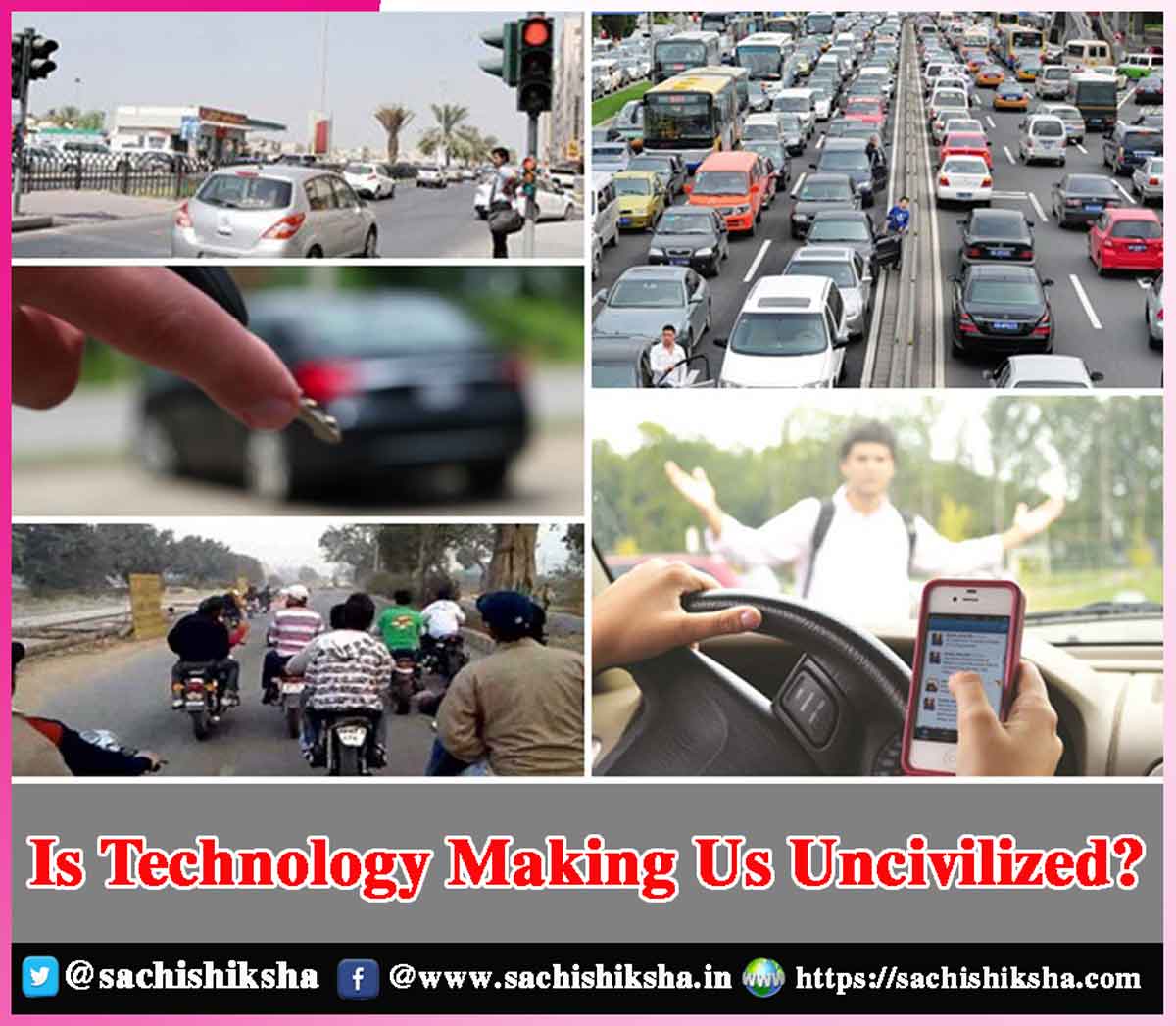Is Technology Making Us Uncivilized?
Introduction: The debate over whether technology is making us uncivilized is multifaceted, touching upon various aspects of human interaction, cultural evolution, and societal norms. Technology, in its many forms, has undeniably transformed our world, but whether this transformation equates to a decline in civility is a question that warrants a nuanced exploration.
Table of Contents
The Impact on Communication

On the other hand, it has also led to a decline in face-to-face interactions and the erosion of traditional communication skills. The anonymity provided by the internet can embolden individuals to say things they would never say in person, leading to a rise in cyberbullying, online harassment, and the spread of misinformation. The lack of non-verbal cues in online communication can also result in misunderstandings and a reduction in empathetic responses.
The Influence on Social Norms
Social norms have also evolved with the advent of technology. The immediacy of digital interactions has created a culture of instant gratification, where patience and deliberation are often sacrificed for quick responses. This shift is particularly evident in the younger generations, who have grown up in a world of constant connectivity.
The phenomenon of “phubbing” – snubbing someone in favour of a mobile phone – is a clear example of how technology can undermine basic social etiquette. Moreover, the curated realities presented on social media platforms can lead to unrealistic expectations and social comparisons, fostering feelings of inadequacy and fostering a more narcissistic society.
The Impact on Cognitive Abilities
Technology’s impact on our cognitive abilities is another area of concern. The omnipresence of digital devices has been linked to shorter attention spans and a decrease in deep, reflective thinking. The constant barrage of information and notifications can lead to a fragmented approach to tasks and a reduction in the ability to focus for extended periods. Furthermore, the reliance on search engines and digital assistants for information retrieval can diminish our ability to retain and recall knowledge. This shift from knowledge retention to information retrieval can be seen as a decline in intellectual engagement and critical thinking skills.
The Effect on Physical and Mental Health
The physical and mental health implications of technology use also contribute to the argument that it is making us uncivilized. Prolonged screen time is associated with a sedentary lifestyle, leading to health issues such as obesity, poor posture, and eye strain. Additionally, the addictive nature of social media and online gaming can result in social isolation, anxiety, and depression. The pressure to maintain an online presence and the fear of missing out (FOMO) can exacerbate these mental health issues, particularly among adolescents and young adults.
The Erosion of Privacy
Privacy is another casualty in the digital age. The convenience of technology often comes at the cost of personal privacy, with companies collecting vast amounts of data on individuals for targeted advertising and other purposes. This erosion of privacy can lead to a sense of vulnerability and mistrust, as people become more aware of how their personal information is being used and potentially exploited. The loss of privacy is not only a personal issue but also a societal one, as it can undermine democratic processes and the freedom of expression.
The Argument for Technological Benefits
Despite these concerns, it is important to acknowledge the significant benefits that technology has brought to our society. Advancements in medical technology have improved healthcare outcomes and extended life expectancy. Educational technology has made learning more accessible and personalized. Technology has also played a crucial role in addressing global challenges, such as climate change and resource management, through innovations in renewable energy and sustainable practices.
Conclusion
In conclusion, the question of whether technology is making us uncivilized is not a matter of a simple yes or no. While technology has introduced challenges and changes that can be perceived as a decline in civility, it has also brought about remarkable advancements and opportunities for progress.
The key lies in how we choose to integrate technology into our lives. By fostering digital literacy, promoting mindful usage, and developing robust ethical guidelines, we can mitigate the negative impacts of technology and harness its potential to enhance, rather than diminish, our civilization. The path forward requires a balanced approach that acknowledges the complexities of technological influence on human behaviour and societal norms.














































